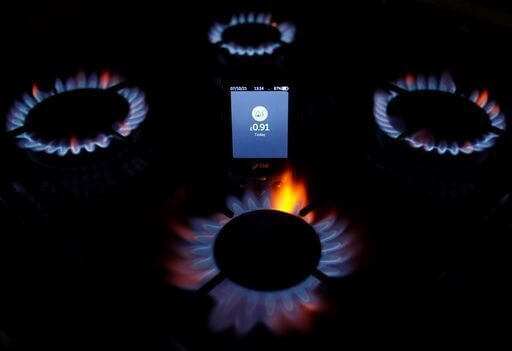Financial commentator and journalist Martin Lewis has warned of a “fundamentally unaffordable” uptick in energy prices from April.
Speaking to BBC Radio 4’s World at One programme this afternoon, the founder of moneysavingexpert.com explained that the price cap was currently forcing firms to “sell energy substantially below their wholesale prices,” which is “currently very beneficial for consumers.
However, he highlighted that from 1 April the price cap “ is going to rise and it will rise substantially,” which would impact the “vast majority of homes in England, Scotland and Wales”.
The price cap was raised by 12% on 1 October last year.
He said that the rise from April would be based on wholesale prices between last August to the end of last month (December), which he said would mean an estimated 51% rise in people’s energy bills.
He said that in this case energy could become “fundamentally unaffordable for most people,” and that they could be “forced into the choice between eating and heating”.
He warned against people being complacent about the price hike given that April is generally a lower usage month, stressing that “direct debits are changed immediately based on the next year’s usage.”
This would “hit people’s pockets substantially and we are going to see more people move into poverty,” he explained.
“I need to be really honest and straight. I am in the middle of doing the numbers now,”
He advised consumers to spend a day off work sorting their personal finances to ensure they were getting the best deal on their energy and other bills.
Government intervention is required to tackle the growing crisis, he affirmed, saying that if the government wants a “market solution” it needs to define who are “illegitimate” and “legitimate” victims of the market.
He said it was unfair that it could cost a “struggling ninety year old grandmother” woman could pay more money than him to boil her kettle.












